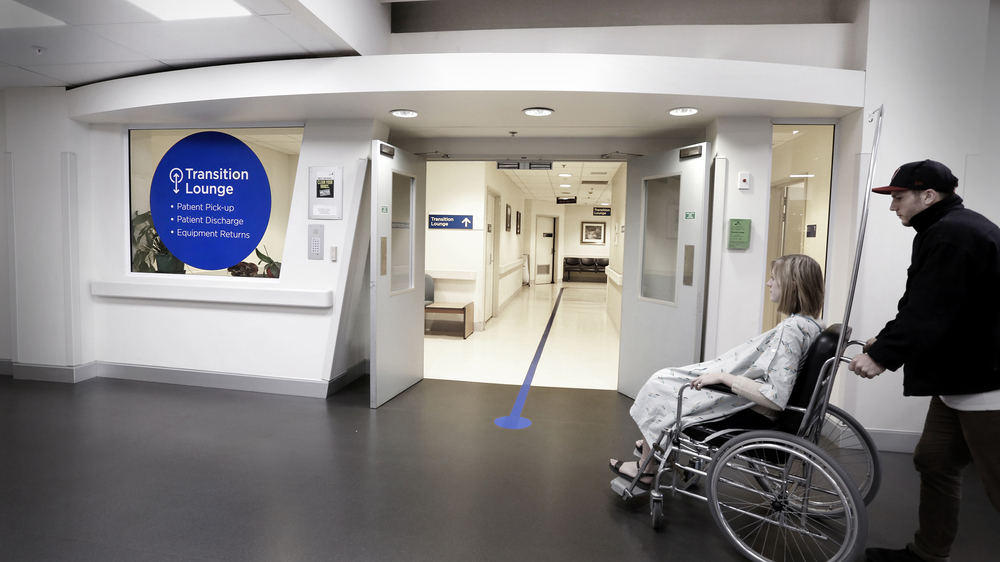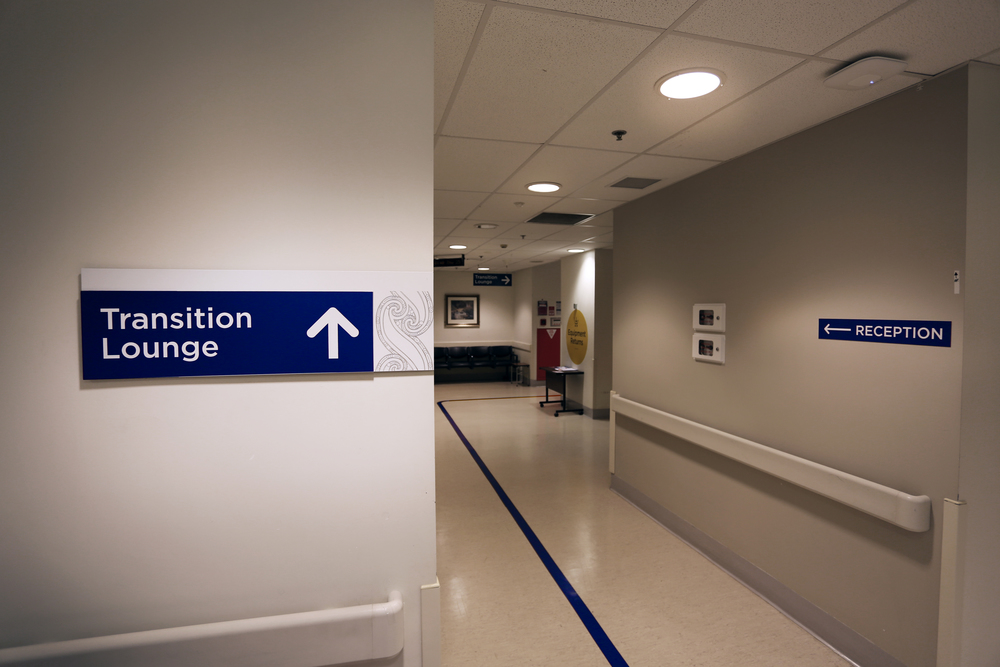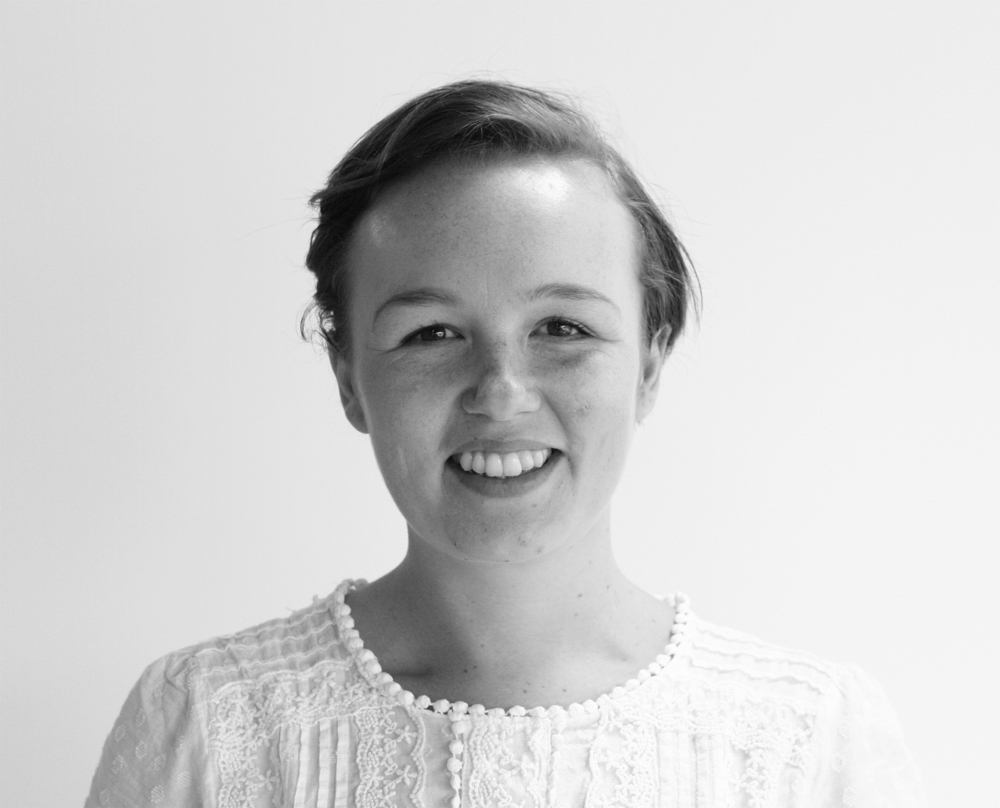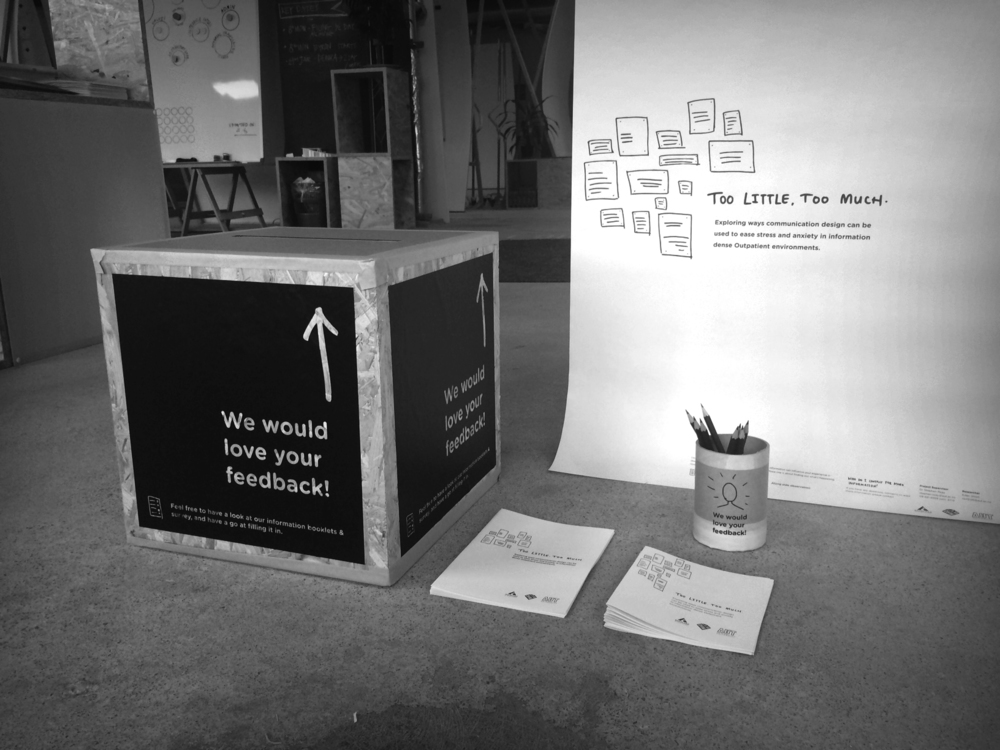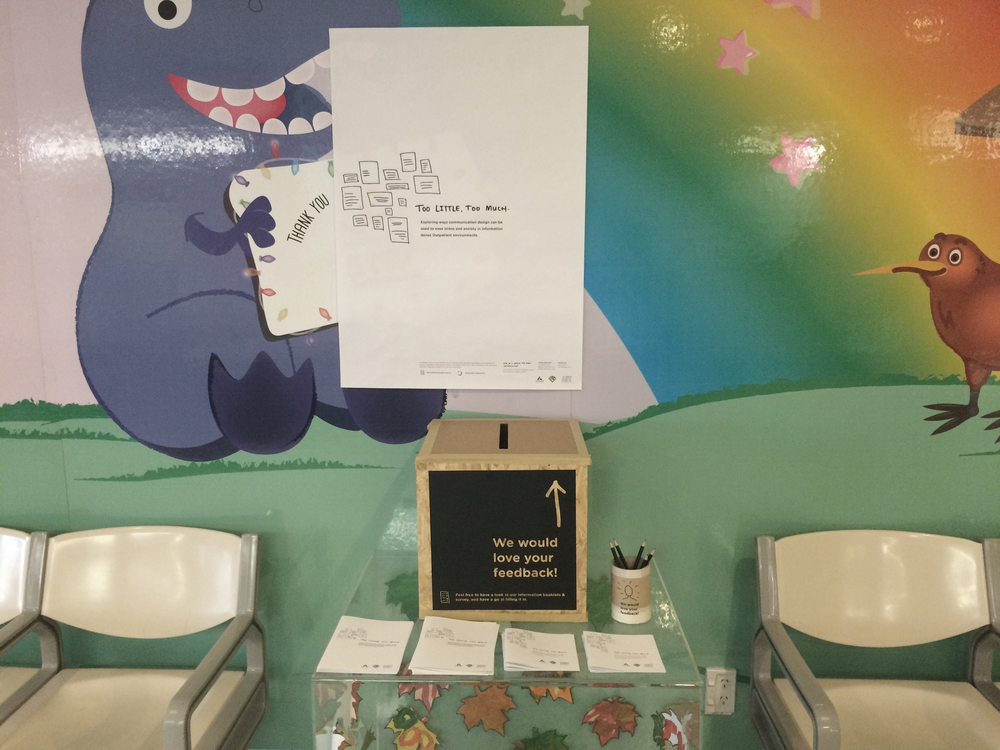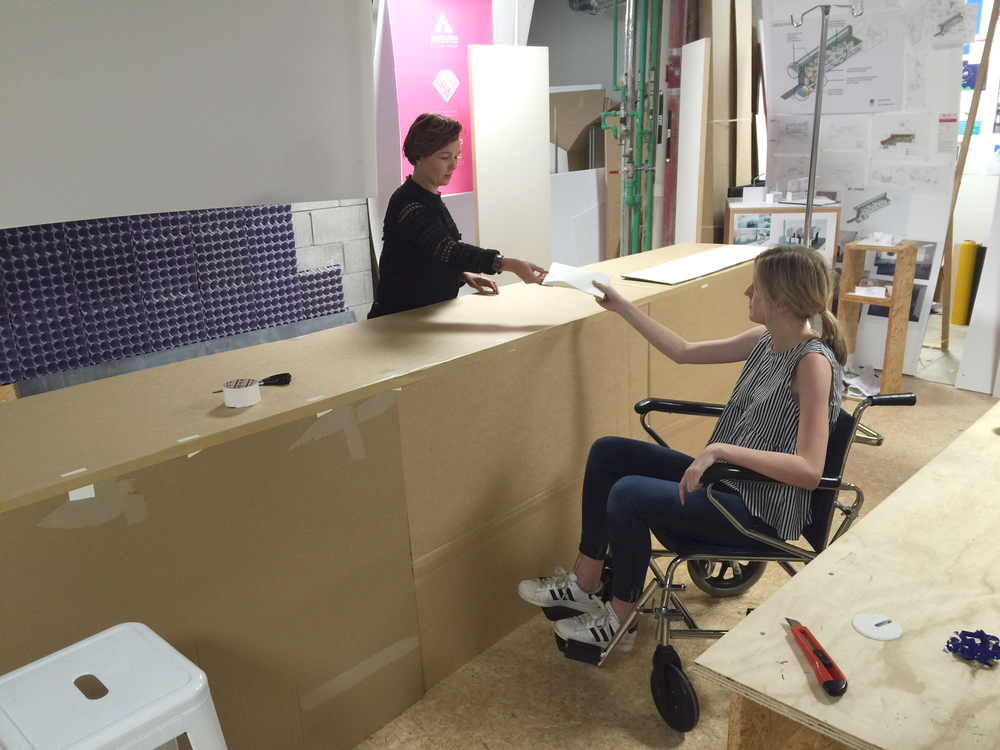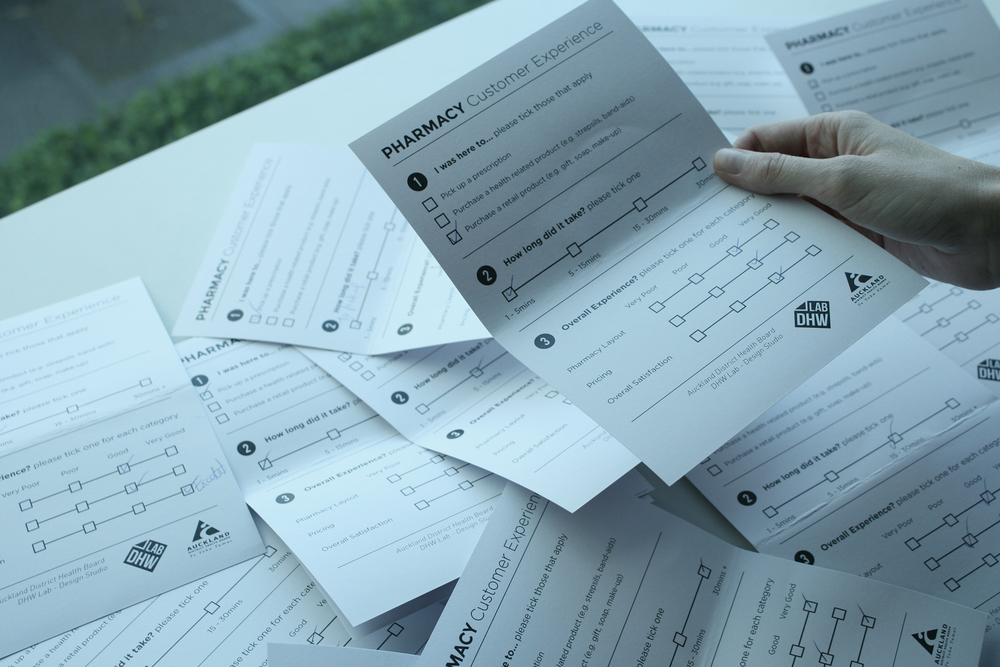Here at the DHW Lab, we aim to put users at the centre of everything we do. Last week was a great example of this, with our resident anthropologist Guy Collier and UX designer Nick Hayes, running a co-design workshop with a small group of senior citizens to explore the challenges associated with changes to memory and thinking.
Through the workshop, Nick and Guy explored the lived experience of changes to memory and thinking, and the associated day-today-day challenges. Participants then engaged in activities to explore how an online resource, such as a website, might support their experiences. Numerous ideas were generated including community engagement and forums, sharing strategies, and peer-to-peer support.
Development of these ideas and other solutions will continue to be explored through subsequent workshops involving participants throughout the process.
A special thanks to Brain Research New Zealand and the Centre for Person Centred Research at AUT for sponsoring this important type of work.
